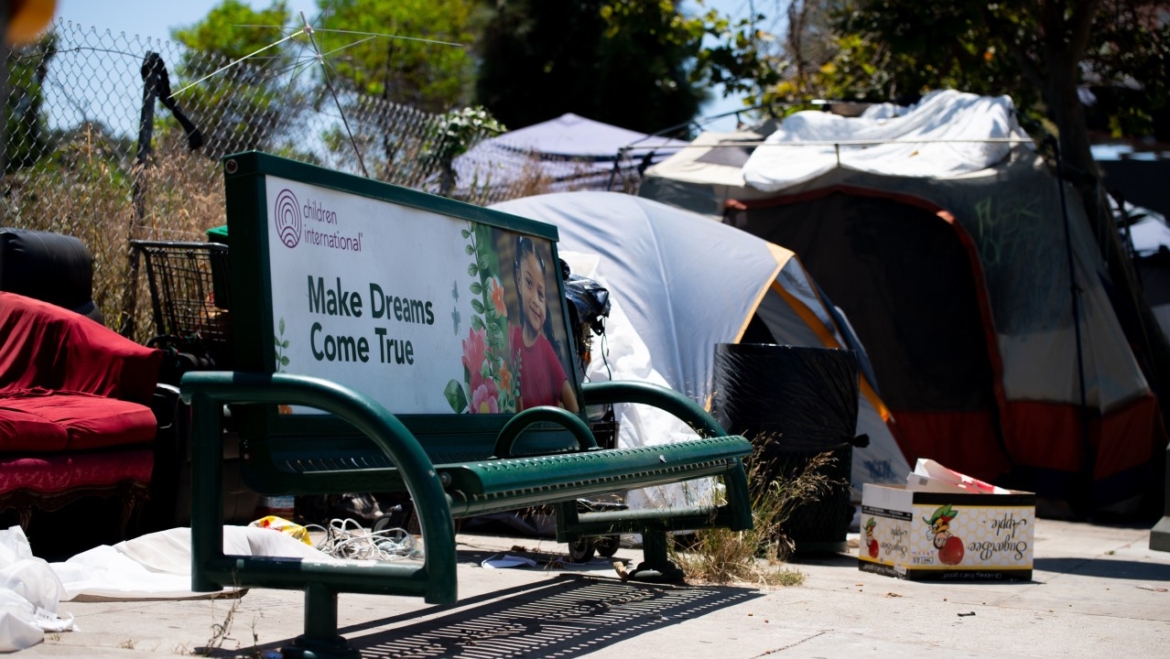In recognition of Domestic Violence Awareness Month (DVAM), Cloudburst would like to shed light on the crucial intersection between housing rights and the safety of those affected by domestic abuse. As fair housing experts, we understand that a safe and stable home is more than just a roof over one’s head—it’s a fundamental human right. For survivors of domestic violence, this right becomes even more critical. Unfortunately, too many survivors face housing discrimination or risk losing their homes simply because they’ve experienced abuse. But there’s good news: recent changes have strengthened protections for survivors, making it easier for them to secure and maintain safe housing.
One of the most significant developments is the U.S. Department of Housing and Urban Development’s (HUD’s) Office of Fair Housing and Equal Opportunity (FHEO) gaining new authority to enforce the Violence Against Women Act (VAWA). This might sound like just a bunch of acronyms, but here’s why it matters. VAWA has long provided essential protections for survivors of domestic violence, dating violence, sexual assault, and stalking. It prohibits discrimination and ensures that survivors aren’t denied housing or evicted because of the violence committed against them. Now that HUD FHEO can enforce these provisions directly, there’s more muscle behind these protections. This means housing providers are held accountable if they violate VAWA, and survivors have a clear path to seek justice.
Another critical aspect of these protections is the right to report obligations. Survivors should never have to choose between their safety and their housing. Unfortunately, in some communities, calling the police too many times—even for emergencies—can label a property as a “nuisance,” leading to eviction. This punishes survivors for seeking help and can trap them in dangerous situations. Under the VAWA 2022 Right to Report Law, VAWA makes it clear that housing providers cannot retaliate against tenants who report domestic violence or other crimes. Survivors have the right to call for assistance without the fear of losing their homes. This shift is a game-changer, as it removes a significant barrier that has kept many from reaching out for help when they need it most. For more information check out Right to Report Law training on the HUD Exchange.
So, what does all this legal talk translate to in real life? It means that survivors have stronger protections and more resources at their disposal. They can stay in their homes without fear of eviction solely because they’re survivors, report incidents of abuse to law enforcement without risking their housing, seek emergency transfers if they need to relocate quickly for their safety, and hold housing providers accountable if they face discrimination or retaliation.
During DVAM, Cloudburst recognizes knowledge is power, and the more survivors know about their rights, the better equipped they are to stand up against discrimination. We also need to continue working with housing providers to ensure they understand their obligations under VAWA and the Fair Housing Act.
Let’s celebrate this step forward, but also recognize there’s more work to be done. By supporting survivors and enforcing fair housing laws, we’re not just helping individuals—we’re strengthening communities as a whole. Everyone deserves a safe place to call home, and together, these protections help to make that a reality.
Partnering with local and victim service providers and state domestic violence and sexual assault coalitions is a recommended practice for all housing providers. Several training and technical assistance resources are available for housing providers on the HUD Exchange and the new HUD VAWA website to not only ensure compliance but also make sure that survivors are able to enact their VAWA rights.
If you or someone you know is a survivor of domestic violence facing housing issues, reach out to local fair housing organizations or contact HUD’s FHEO. Help is available, and you have rights that are protected under the law. Let’s use this DVAM as a catalyst for change and a reminder of the power we have when we stand together.

